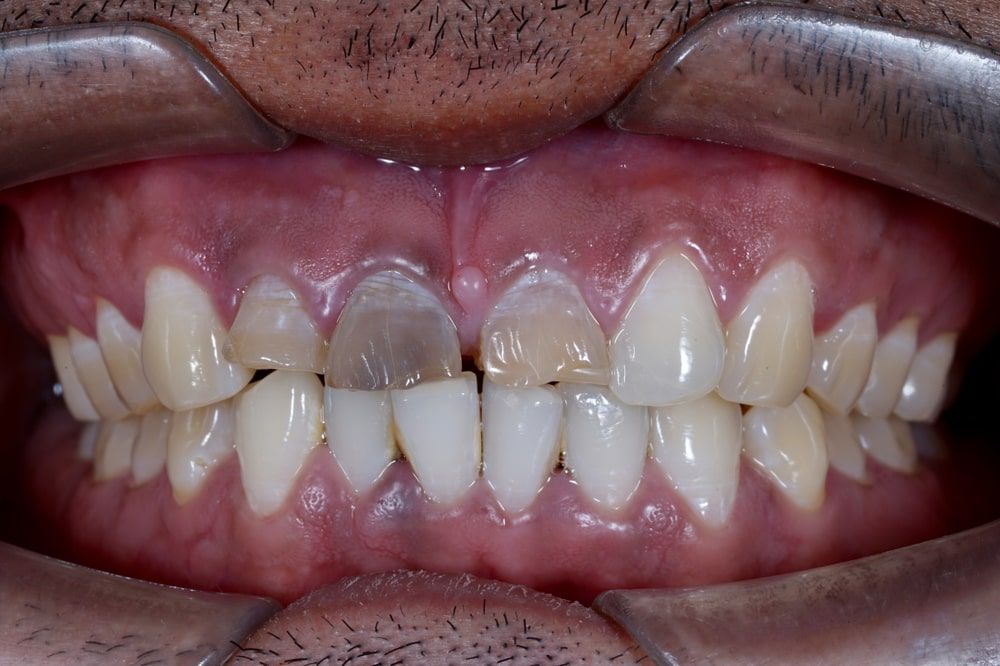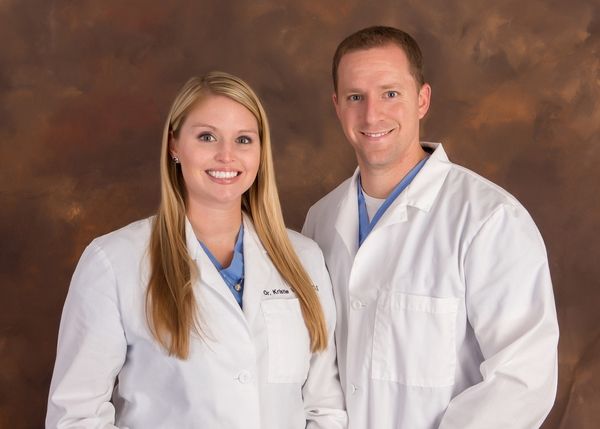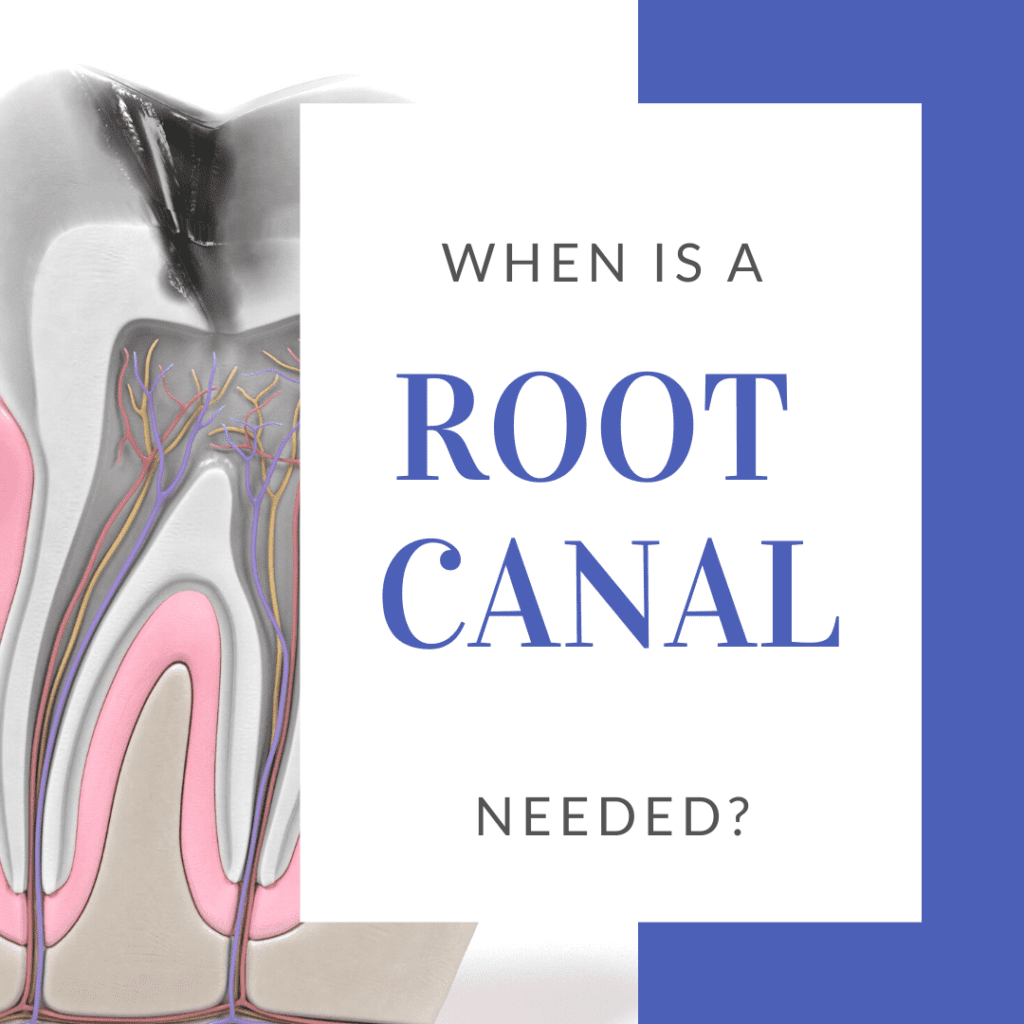Did you know that approximately 10.9 million root canals are performed by general dentists every year according to the American Endodontic Association? What about the fact that about 92% of American adults have had a dental cavity in their permanent teeth? Both these statistics show how common tooth decay is. In fact, it is one of the main dental issues that your general dentist works to protect you from.
Tooth decay occurs when the bacterial populations in your mouth increase, causing increased levels of acidic waste products to erode the tooth enamel. When erosion occurs consistently in one location, it causes a dental cavity to form. Dental cavities can easily be treated with dental fillings, however if they are left untreated the erosion process will continue.
Untreated tooth decay can eventually result in a pulp infection. Dental pulp is the innermost layer of your tooth that is composed of blood vessels and nerves. Pulp infections can also occur as a result of a severely damaged tooth. In any case, once bacteria has entered the pulp chamber, the only way to save the tooth is to perform a root canal.
While no one looks forward to having a root canal, pulp infections cannot be treated any other way and will continue to progress without treatment. If left untreated, a pulp infection can cause abscesses, bone infections, tooth loss, and contamination of the surrounding teeth. Performing a root canal removes the infected tissue and prevents the risk of more serious dental issues. Root canals also save the decayed tooth.
For these reasons, there are a few key signs that can indicate when a root canal is needed. These include tooth pain, discolorations, and gum abnormalities.
Tooth Pain
Tooth pain is a common indicator that a root canal may be needed. However, tooth pain can be caused by many things other than a pulp infection, therefore your dentist will need to determine the source of your pain. Tooth pain that is associated with a pulp infection is usually prolonged and gets progressively worse. It may also come on suddenly, seemingly out of nowhere.
Additionally, tooth pain may also take the form of tooth sensitivity. Tooth sensitivity is a sharp, sudden pain that occurs in response to hot, cold, or sugar. Pain associated with tooth sensitivity is short-lived and ceases when the stimuli has been removed.
Tooth Discoloration

A discolored tooth is another indicator that a root canal may be needed. The key with tooth discolorations is to look for a single tooth that does not match the others. The discoloration can range from being slightly more yellow, to even being light brown, grey, or black. This discoloration can be the result of decaying and/or dead pulp. If this is the case, then a root canal will likely be needed.
Gum Abnormalities
Another indicator that a root canal may be needed is abnormalities in the gum tissue. Gums that are swollen or tender to the touch, as well as gums with discharge or a pimple, can indicate the possible need for a root canal. However, gum problems can also be associated with gum disease, therefore your dentist will first need to rule out gum disease.
In conclusion, root canals are essential dental procedures that are needed when a pulp infection is present. Root canals are needed to save the affected tooth and prevent the infection from causing additional complications. Signs such as tooth pain, discoloration, and gum abnormalities are all possible indicators that a root canal may be needed. If you are experiencing these signs, it is strongly recommended to schedule an appointment with your local dental office immediately.

Dr. Chris Vinson and Dr. Kristie Vinson attended the College of Dentistry at The University of Oklahoma. Dr. Chris Vinson has earned a fellowship from the Misch International Implant Institute and a fellowship in International Congress of Oral Implantology. He is also certified to administer Oral and IV sedation to his patients through The Montefiore College of Medicine in New York and is Teeth-Express and Invisalign certified. Dr. Kristie Vinson is trained in sedation dentistry, Botox, and dermal fillers. She received a Fellowship from the Misch International Implant Institute and the Fellowship in International Congress of Oral Implantology. She is also Teeth-Express and Invisalign Certified.




